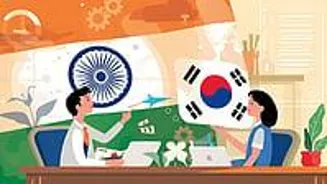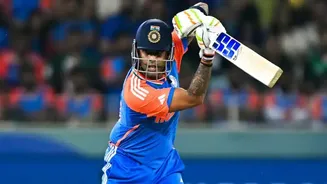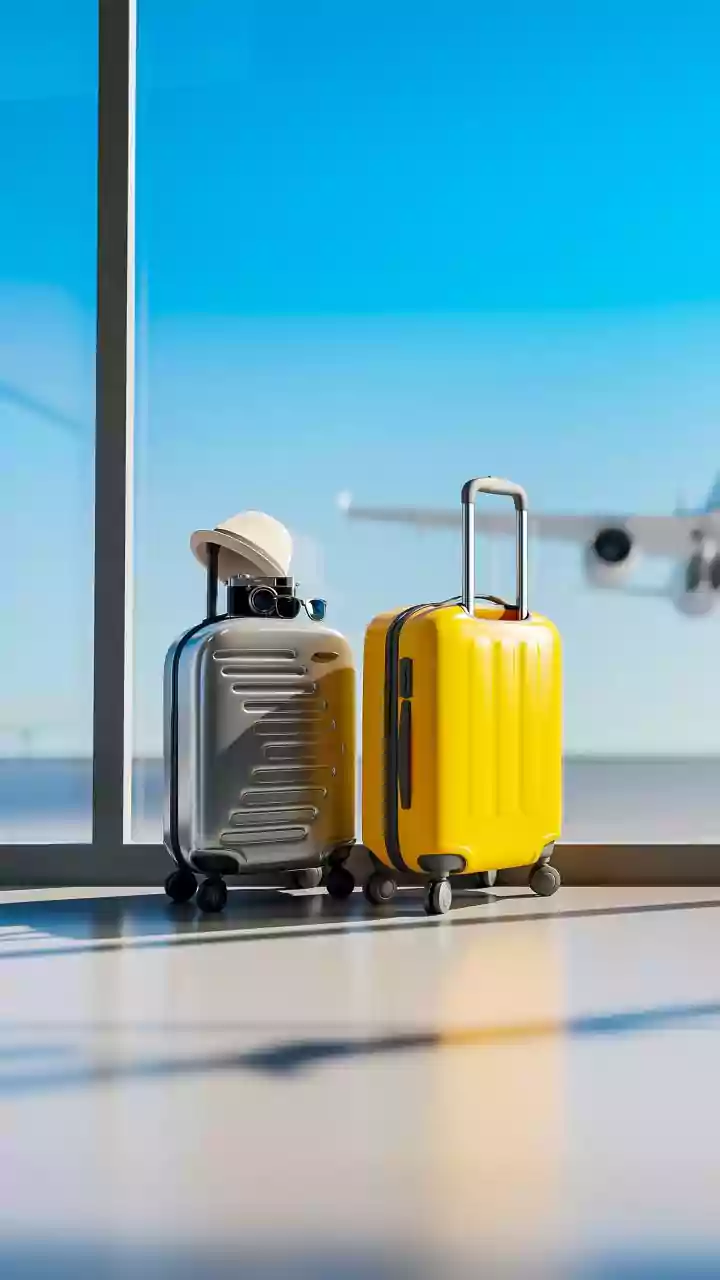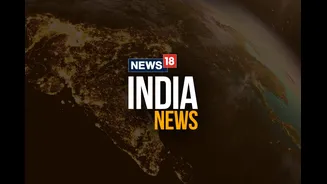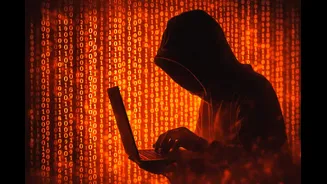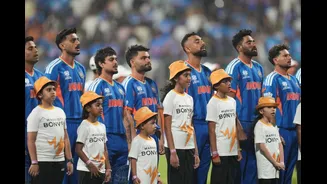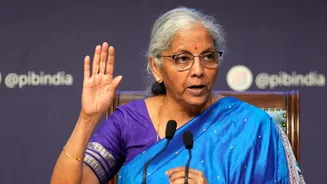Mumbai: The majority of foreign researchers in South Korea are Indians. Data provided by the Ministry of Justice to Rep. Lee Jeong-heon of the Democratic Party of Korea shows that 2,262 Indian citizens
came to the country on E-3 research visas in 2020, and up to August 2025, close to half of all international researchers remained Indians.
The E-3 visa enables foreign experts to work in research in natural sciences and in the production of sophisticated industrial technologies in public and private establishments. China came in at number two with 518 scientists, followed by Pakistan (304), Iran (184), and Vietnam (162). Despite having a lower total in recent years, from its record 1,059 in 2021 to only 444 in the first eight months of 2025. Indians are still at the centre of South Korea’s research population.
Indian Scholars: For the majority of Indian researchers, South Korea’s strong academic industry linkage and cutting-edge equipment are the greatest attractions. Dr Ananya Krishnan, a researcher in artificial intelligence at KAIST, said, “I came to South Korea because of its high level of cooperation between universities and industry. The research environment here enables us to focus on practical applications, which differentiates it from many other nations. India has great talent, but Korea’s structured support for innovation really stood out to me.” Others highlight Korea’s leadership in specific fields.
Pratik Deshmukh, a PhD student in Semiconductor Engineering at POSTECH, said, “Semiconductor research in Korea is ahead of the world, and being in Korea puts me at the forefront of access to the latest labs and projects. In terms of opportunity compared to back home, exposure to international networks and leading facilities in Korea has been a significant benefit.”
Although many Indian academics praise South Korea’s atmosphere, others also consider their time there as setting the stage for paying it back in their home country. Mehul R, who is a doctoral student of Biotechnology at Seoul National University, said, “South Korea has exposed me to state-of-the-art research methodologies and international collaborations.”
But eventually, my dream is to go back to India and implement this knowledge there. “I believe the skills I’m gaining here can help strengthen research capacity in India, especially in life sciences.”
Policy Concern: Even though numerous Indian students have had good experiences, policymakers in Seoul are wary of excessive dependence upon a handful of countries’ researchers. Rep. Lee Jeong-heon has warned that a sharp fall in highly qualified foreign workers could pose supply or security risks if diplomatic ties were to sour. “While expanding the foundation for global cooperation, we must also establish a research security framework to ensure the sustainable attraction of talent,” he added.
